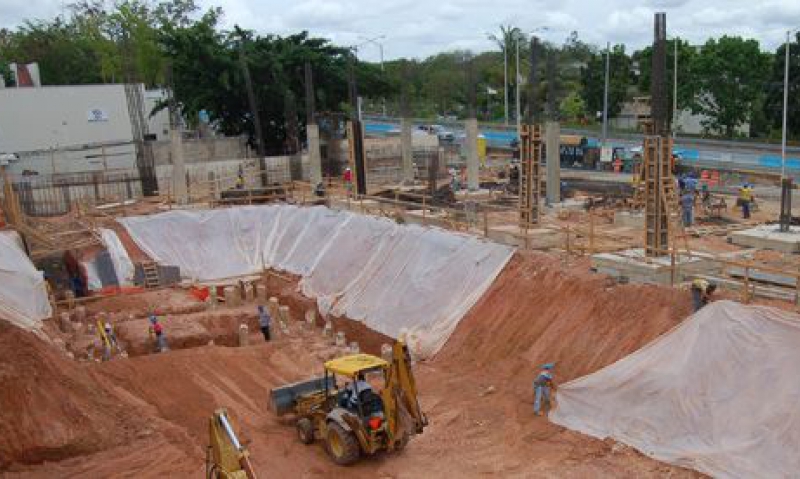
Five-year plan will become 10-year plan beginning in October.
VA’s current five-year construction planning process will become a 10-year plan, starting in October. The House Veterans’ Affairs Committee discussed the new plan at an April 5 hearing, attended by members of The American Legion’s legislative division.
Testifying before the committee, VA deputy secretary W. Scott Gould noted the average age of a VA building is more than 60 years old. Decisions about replacing, repairing or upgrading VA’s aging infrastructure, Gould said, will be helped along by the agency’s recently introduced Strategic Capital Investment Planning (SCIP) process.
SCIP replaces VA’s previous system for managing its infrastructure and construction funding, CARES (Capital Asset Realignment for Enhanced Services).
“We only need to look at the failure of CARES to see that SCIP is a much-needed management tool,” said Tim Tetz, Legislative director of The American Legion. “VA and Congress did not adequately fund that program for each year it was in place. That failure made it necessary to come up with SCIP.”
In March 2007, the Government Accountability Office reported that VA “does not centrally track the implementation of all the CARES decisions, or monitor the impact such implementation had on its mission.” As a result, VA could not “determine the impact such decisions are having on veterans’ care, or be held accountable for achieving the intended results of CARES.”
The committee hearing also zeroed in on details of the president’s fiscal 2012 budget request for construction, which the Legion has criticized for being too low. While VA is requesting $1.14 billion for major and minor construction, the Legion wants a $2 billion allocation.
“We see the value of a more comprehensive and long-term construction plan that can help to prevent cost overruns and reduce delays in the time line,” Tetz said. “But as its budget request now stands, VA may not have enough money to open its new facilities in Las Vegas and Orlando next year. And they won’t have enough money to meet construction deadlines for their facilities in New Orleans, Denver and other facilities nationwide.”
At a Feb. 17 HVAC hearing, Tetz cited a VA report that claimed the floors of its regional office in Roanoke, Va., were in danger of collapsing from the weight of disability claims files. “Substandard facilities do not serve the veterans of this country, and are a hazard to VA employees as well,” he said.
- Legislative

